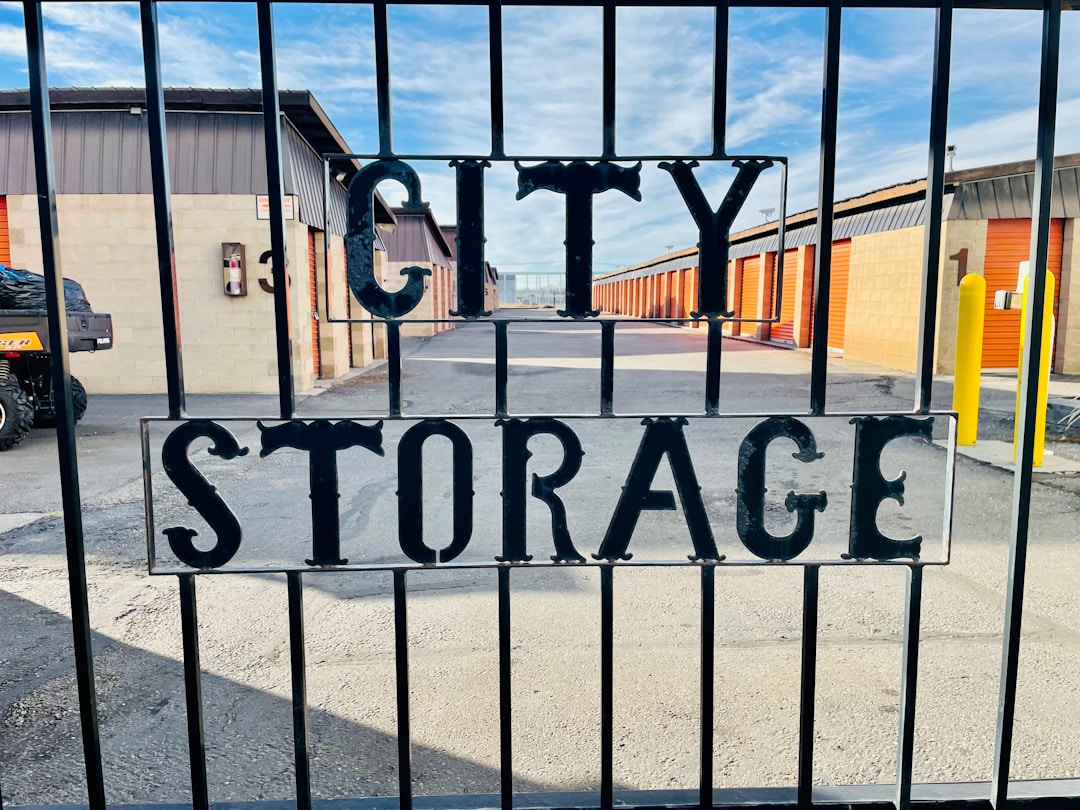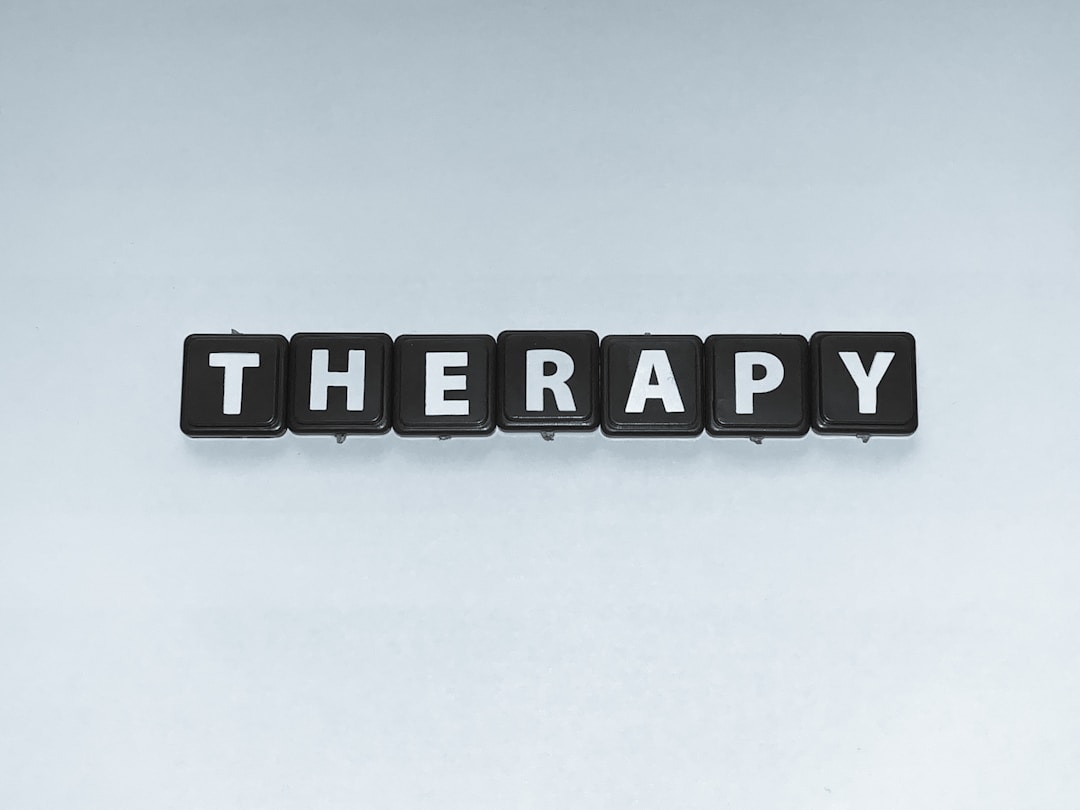Table of Contents
OCD and hoarding disorders are more common than you might think. While you or someone you know may struggle with anxiety or depression and you’ve probably heard a lot about these common mental illnesses, the truth is that varying levels of OCD and hoarding are quite common, too. If you or someone you love struggles with OCD or hoarding, you might be interested to know that there are a variety of options for treating these mental health conditions. For a closer look at three interventions proven to help with OCD, hoarding disorders, and other behavioral struggles, read on.
1. Behavioral Therapy

One of the best ways to gain the tools and resources you need to combat OCD or hoarding is to reach out for professional help. With mental health treatment from a licensed professional or rehabilitation center, you’ll put yourself in the position of having every resource you need to change your behaviors. When you’re in good hands with people who understand the underlying issues that can cause unhealthy habits, having a professional on your side is a great way to tackle your hoarding or OCD.
For example, at a place like Alter Behavioral Health, therapists work in teams to give clients the opportunity to work through all behavioral health issues. Alter is more than a rehabilitation center for drug use. There, they use proven therapeutic modalities like CBT and DBT to help change behaviors that might even include hoarding and symptoms of OCD. Whether you struggle with substance use disorder, hoarding disorder, OCD, or another mental illness or behavior challenge, finding a fantastic facility like Alter could be the best way to get the right support for you.
If working with specialists in a rehab facility isn’t possible at the moment, consider calling a local therapist who specializes in behavioral challenges to start counseling. Your therapist will know the treatment methods that work best for people with OCD, hoarding disorder, and other behavioral issues.
2. Professional Organization

Your therapist or the case manager you work with may recommend you also reach out to a professional organizer as you begin to tackle changes in habits. With or without a professional organizer on your team, you’ll likely be challenged to begin organizing by renting a storage unit. The good news is that you can easily find 10×20 storage units through U.S. Self Storage. There, you can reserve cheap self-storage units for free in minutes. Choose from over 10,000 of the best storage facilities in the United States as you work with your therapist and a professional organizer to go through your things and begin the process of decluttering.
3. Exposure Therapy

Some people do best with exposure therapy as opposed to behavioral health methods of counseling. If behavioral health methods haven’t worked for you, consider asking a therapist or your doctor to refer you to a psychologist with a specialty in exposure counseling. While it doesn’t work for everyone, some people have had great results with their hoarding and OCD through this method of mental health treatment. The truth is that you won’t know what therapeutic modality works best for you until you try it.
At the end of the day, the first step in getting help with a behavioral disorder or another challenge like substance use disorder is to reach out to professionals. Do what you can to keep an open mind as you reach out for help with any mental health issue you’re going through. Go easy on yourself and you’ll be well on your way to a better life for yourself and those you care about. Best of luck to you as you work through your OCD and hoarding disorder challenges. You can do this, and you’re worth it!

